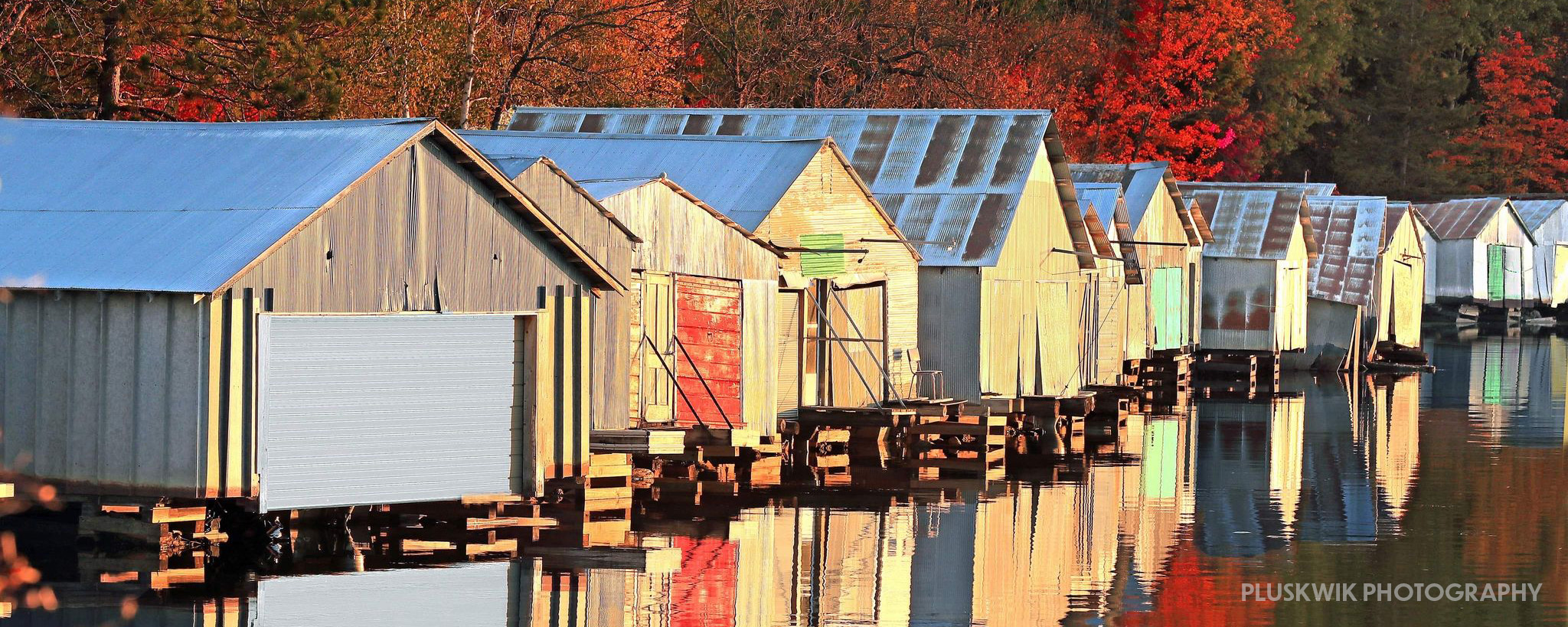Personal Life Stories – Video History
Personal Life Stories/Video History is the collection and study of historical information about individuals, families, important events, or everyday life through information shared through interviews with folks in our community. These interviews are conducted with people who participated in or observed past events and whose memories and perceptions of these are to be preserved as a record for future generations.
A video history interview may serve as the only source of information available about a certain place, event, or person. Video history helps us understand how individuals and communities experienced the forces of history. As a resource, personal life stories are not necessarily meant to be a record of factual information, although they can include facts and sometimes help correct inaccurate or incomplete records. More importantly video history captures the thoughts, memories, experiences, and perspectives of the person being interviewed. These are aspects of a person’s life that don’t get recorded in traditional historical writings and that is what makes video history so invaluable.
Our Personal Life Stories/Video History series fosters a sense of connection and identity within the Tower-Soudan-Lake Vermilion community by highlighting shared experiences and heritage. It offers people extra insight into the sometimes-missed details of the daily lives of people in a place we love–how their lives were affected by the local culture, environment and circumstances–and can help us discern, discover and better understand the essence of our community.
